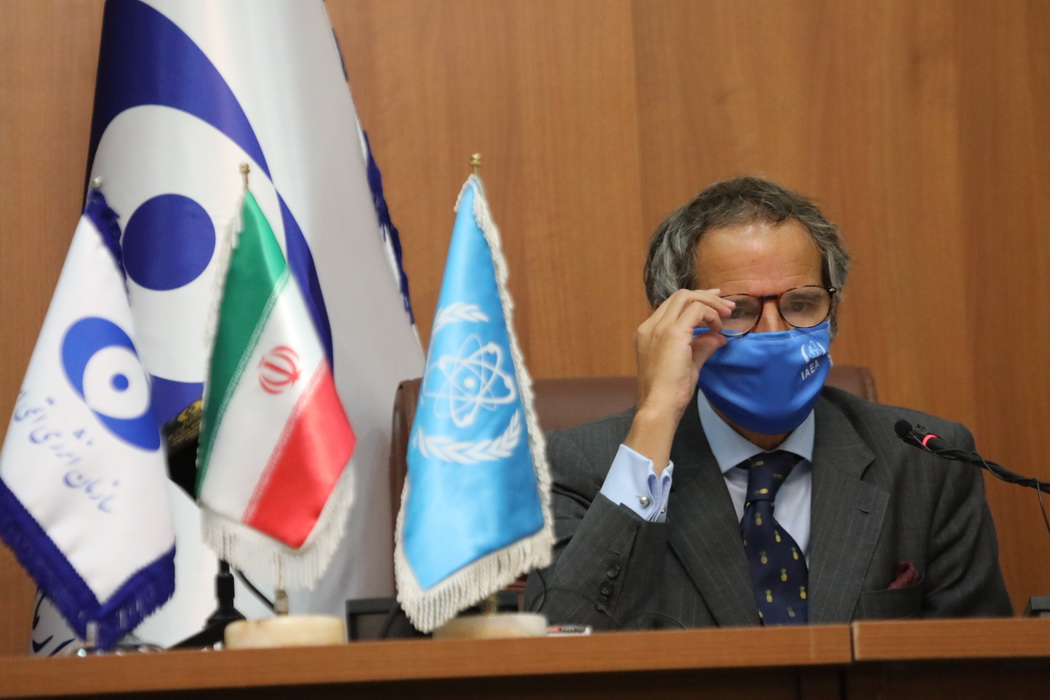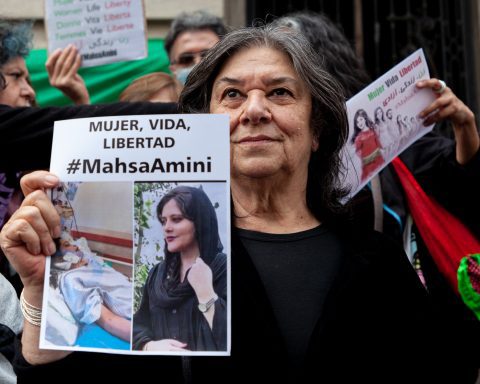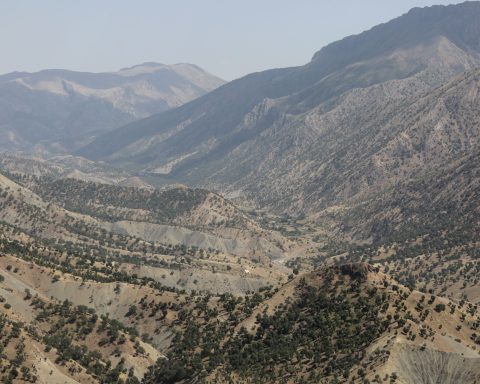A new disagreement occurred between Iran and the International Atomic Energy Agency (IAEA) over nuclear monitoring. The conflict seems to arise from differences in interpretation of the agreement’s content reached earlier this month.
The UN nuclear watchdog body stated that Tehran does not commit its obligations within the scope of the agreement reached two weeks ago to permit the IAEA’s inspectors to maintain monitoring equipment in the country.
In the statement, the IAEA said, “The Director-General stresses that Iran’s decision not to allow the agency access to the TESA Karaj centrifuge component manufacturing workshop is contrary to the agreed terms of the joint statement issued on September 12.”
The statement added that access to all agency equipment and Iranian facilities is essential to ensure continuity of knowledge. However, it also stated that Tehran had granted access to all other facilities identified in the agreement.
Meanwhile, Tehran ruled out the allegations raised against it by the IAEA. Iran’s envoy to the UN, Kazem Gharib Abadi criticized the agency for remaining silent about the “terrorist attacks,” referred to a sabotage attack in June.
Posting a series of tweets on Monday, the Iranian diplomat stated that the Karaj facility is not included in the agreement due to the security and judicial investigations are continuing on the site, and the agency is informed about the situation during the negotiations held in Vienna and Tehran earlier this month.
Stating that the agency’s remarks is not accurate, Gharib Abadi also said, “Any decision taken by Iran on monitoring equipment is only based on political rather than legal considerations and the agency cannot and should not consider it as one of its entitlements.”
Nuclear talks between Iran and Western powers to revive the 2015 deal reached an impasse on July 20 after the presidential election. The new administration under President Ebrahim Raisi stated that negotiations records are under review, and when the review is finished, they will return to the negotiation table as soon as possible.
Addressing the UN General Assembly last week, Raisi stated that any talks aimed at reviving the nuclear agreement must result in the halting of US sanctions imposed by former US President Donald Trump.














